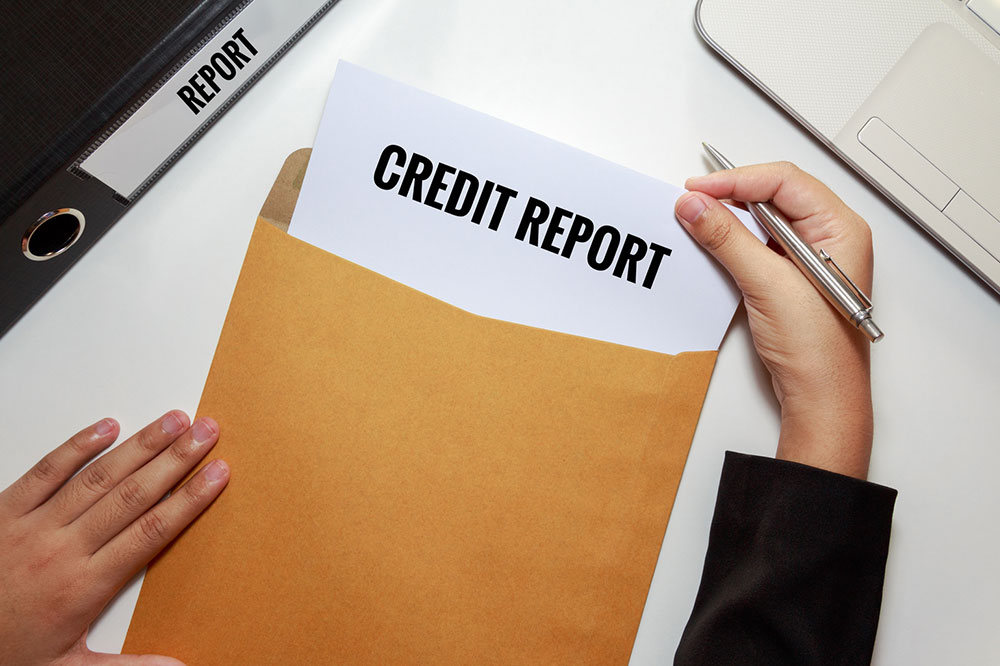
Know about credit reports and their importance
A bank or a finance institute can sanction a personal and business loan based on the credit criteria. Before the loan is sanctioned, the lending bank or any other credit union needs to know if the borrower can pay the monthly credit card or the loan payments on time. A credit report is a summary of your overall credit history in one document. A credit report simplifies decision-making both for you and your lender.
Who prepares your credit report?
Your credit reports are created and maintained by three credit bureaus – Equifax, Experian, and TransUnion. These bureaus collect all relevant information about your financial accounts and credit history. In other words, every time you take a loan, delay, or default on a payment, your lender reports it to a credit bureau. Your lenders are termed as data furnishers. For example – credit card companies or home loan companies report all your transactions to these credit bureaus. In some cases, these bureaus buy public data regarding tax history or bankruptcy from consumer credit bureaus. Sometimes the credit information could be shared between the three bureaus.
Information in your credit report
Your credit report will have the following types of information:
Identity information
This section will have all your personal information, including your Social Security number, contact details, address, and does not impact your credit scores.
Credit account information
This is the information that has been reported to the three bureaus by your credit card company, car loan, student loan, home loan, or a bad credit loan company. Your payment history, the duration of credit, the loan amount, balances are all mentioned in this detailed report. Closed accounts will not show in the report.
Inquiry information
This section clearly details how many times our credit report has been looked into:
- Soft inquiry: If the information has been looked up without your permission, it is called a soft inquiry. Examples: if you look upon your credit score online, or an employer checks your credit score for a background check, or credit checks for prequalified credit cards or insurance plans are soft checks and will not affect your credit score.
- Hard Inquiry: When you apply for a loan and authorize the company to check your credit report, it is termed as hard inquiry, and every check will reduce your credit score by a few points. Multiple hard inquiries imply that you have been applying for too many loans.
Collection accounts
If you have failed to pay a loan, and if a debt collection agency has taken over your account, such information will be listed here. Any balance payment other than credits like overdue utility or mobile phone bills can show up here.
Negative information
Credit reports also include other public records showing financial obligations like tax liens and judgments against you. While judgments can be reported for ten years, unpaid tax liens can be in your report for fifteen years. Any bankruptcy information will appear in your credit report for seven years.
Purpose of credit reports
Credit reports don’t contain your credit score. Credit companies determine it using the information from the report. Lenders use credit reports to decide on your creditworthiness before approving or rejecting a loan. Insurance and rental companies also access credit reports.
Accessing your credit report
You will be able to access your credit report from all the three agencies Equifax, Experian, and TransUnion, online. You can request all three reports simultaneously or at different times. You must check your report annually to ensure that the financial information is accurate. Creditors are not required to report all information, and hence the reports from the three agencies could have different information. You can report for errors and get them corrected.
Being aware of your credit report is one of the first steps towards better debt management.




